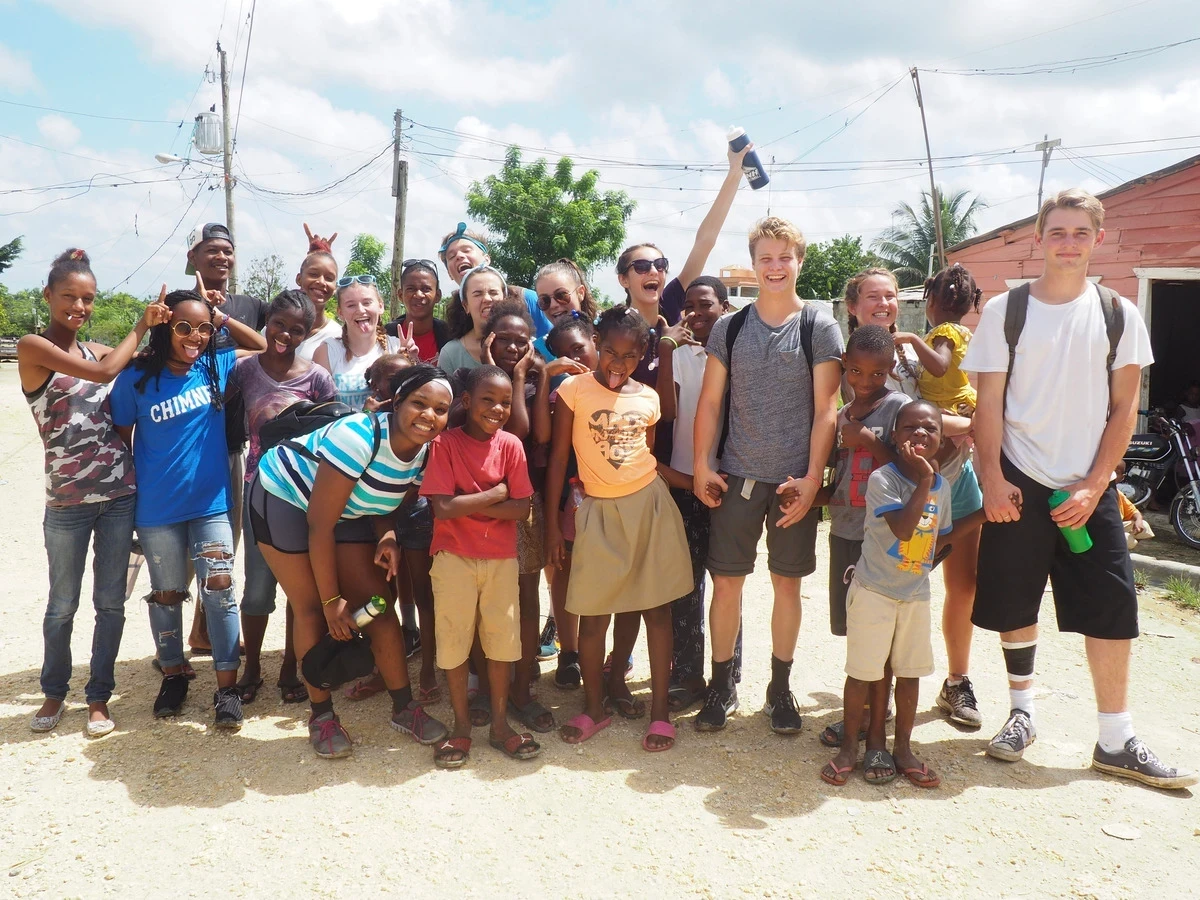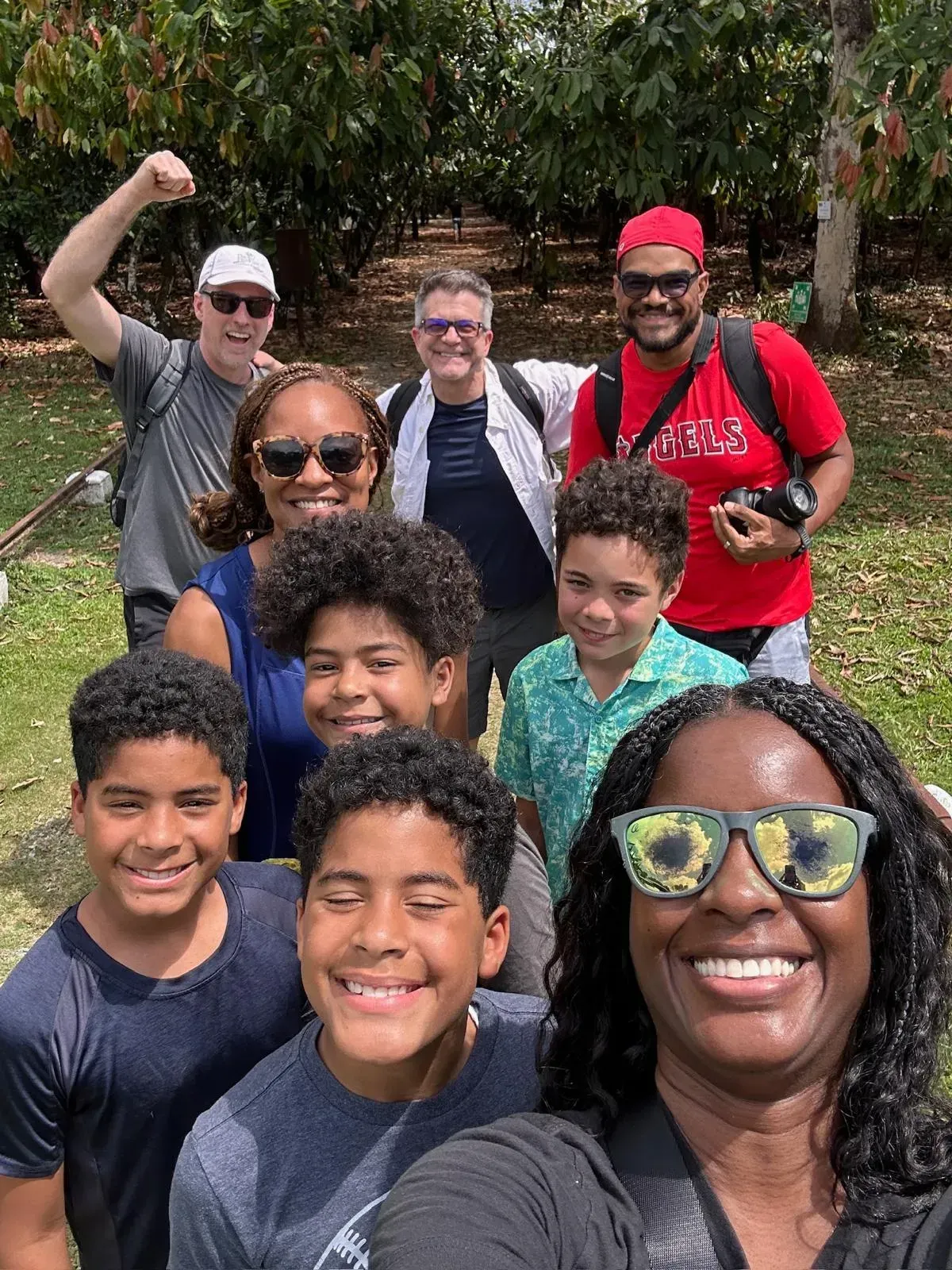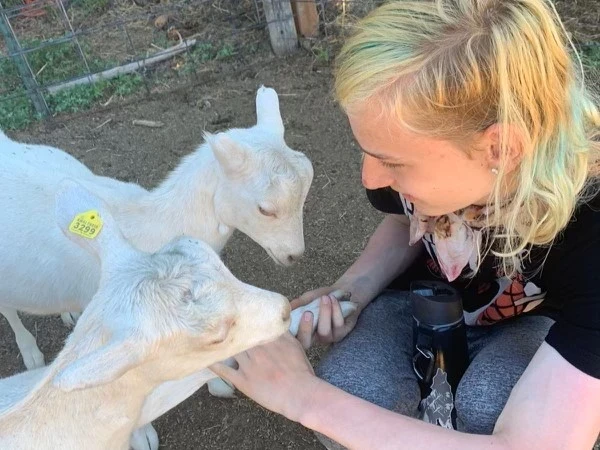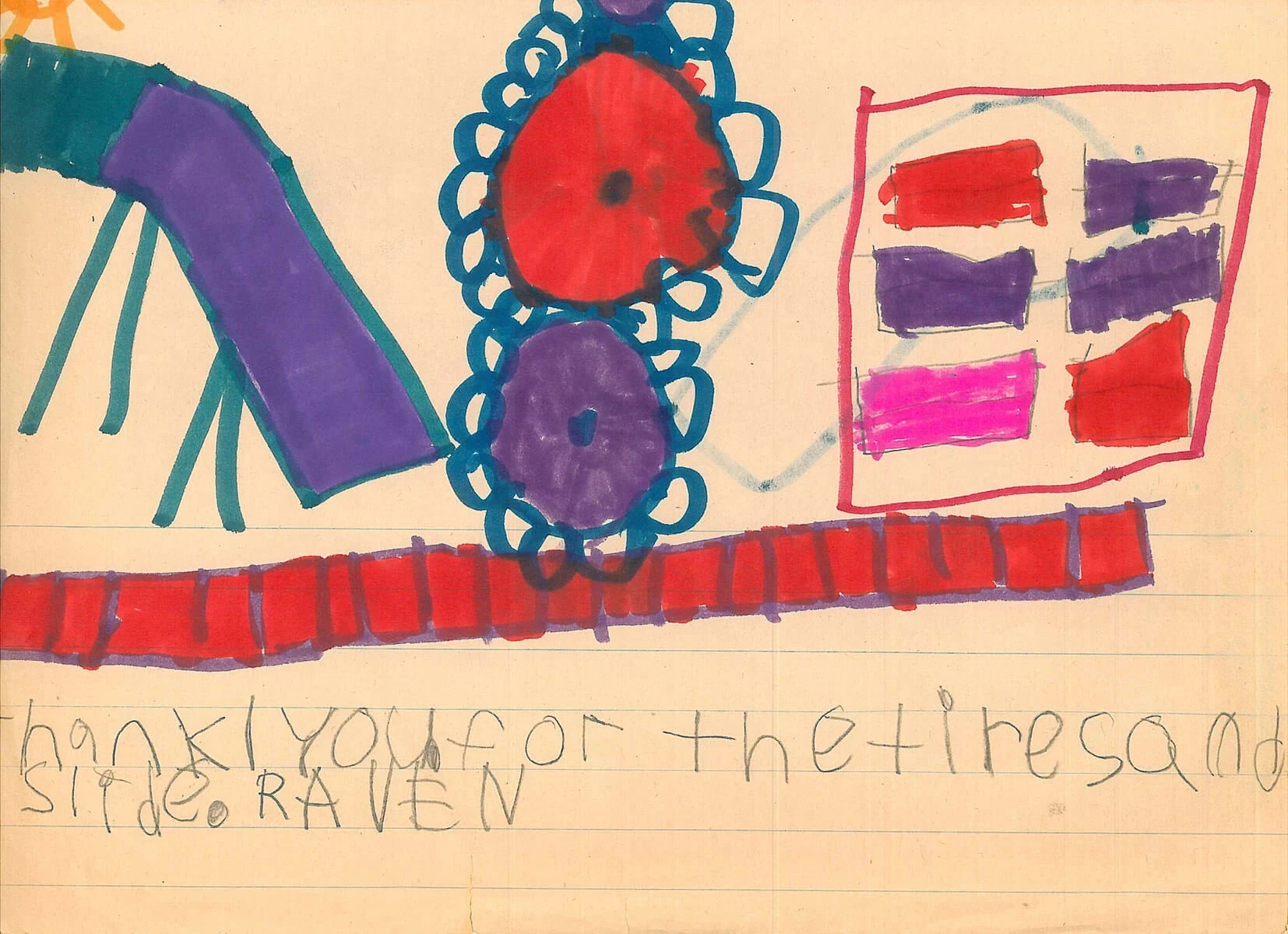When you return home from time spent in a foreign environment among new people, values, behaviors, belief systems, and social norms, it’s quite common to feel some disconnect. You’ve become used to the place you were in, and returning to your own “culture” can feel jarring.
This phenomenon is known as “reverse culture shock.” It’s nothing to be concerned about—and it’s commonly experienced by young people on service trips and volunteer programs in foreign cultures—but it can be disorienting and uncomfortable.
In this blog, we’ll learn about culture shock and reverse culture shock, then talk about what we do to cope with it before, during, and after our service adventures.
What is Culture Shock?
The term “culture shock” refers to a sense of disorientation and discomfort individuals can experience when exposed to or immersed in a new and unfamiliar culture. This phenomenon occurs when people encounter a set of cultural norms, values, behaviors, and social expectations that are different from those to which they are accustomed.
Culture shock is a common experience for individuals who travel to a different country or region, particularly when they’re making a concentrated effort to forge deep, meaningful connections with the new people they’re meeting and the new place in which they’re living.
There are four commonly accepted stages of culture shock:
Honeymoon Stage: Initially, individuals often experience excitement and fascination with the new culture. Everything seems interesting and novel, and they’re keen to experience all the new sights, sounds, tastes, and experiences around them. For most short vacations with no effort to put down roots in a foreign culture, individuals return home before the honeymoon stage wears off.
Crisis Stage: As individuals confront the day-to-day realities of the new culture they’re in, they may start to feel overwhelmed, frustrated and anxious. This stage is often characterized by a sense of confusion and disorientation.
Adjustment Stage: With time, individuals will naturally adapt to the new culture. They’ll develop coping mechanisms, learn the cultural norms, and find ways to navigate the challenges they initially faced.
Integration Stage: Eventually, individuals will feel fully comfortable and integrated into the new culture. They’ll better understand the local customs, language, and social dynamics, and can function effectively in their new environment.
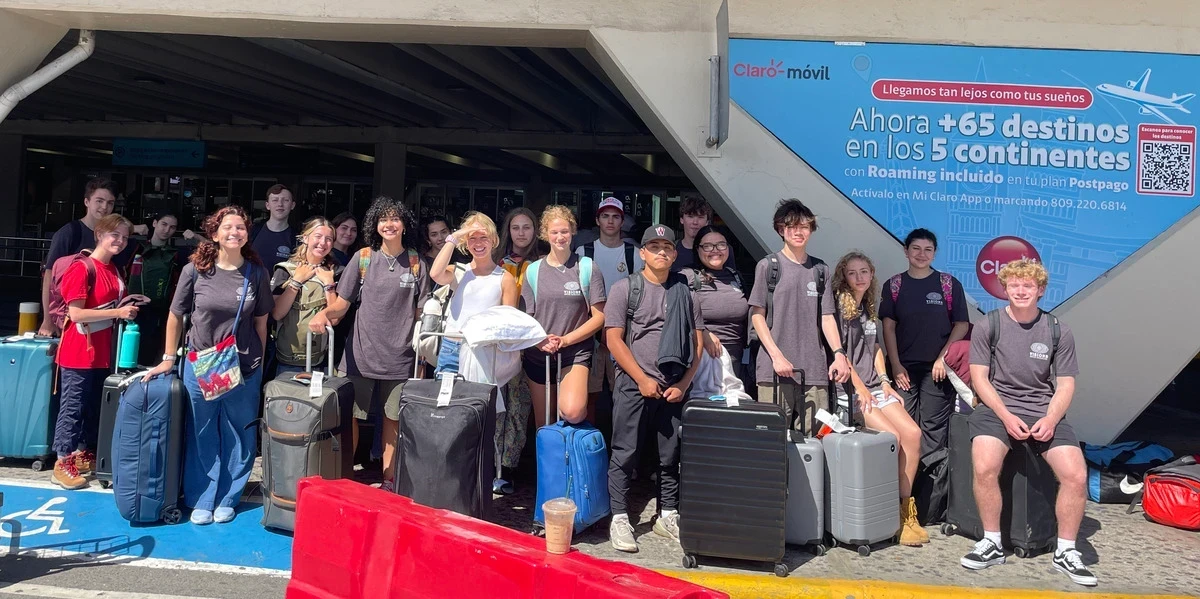
What is Reverse Culture Shock?
Reverse culture shock is a feeling of emotional and psychological distress that individuals may experience when they return to their home country or culture after an extended period in a different culture. Basically, it’s the direct opposite of culture shock.
This phenomenon occurs because individuals often become accustomed to the customs, behaviors, and social norms of the host culture, and returning home can present challenges as they readjust to their familiar but changed environment. Common features of reverse culture shock include:
Surprise and Disorientation: Individuals may be surprised by changes in their home culture that occurred during their absence. This is typically only a factor in situations where an individual has been away from their home culture for months or years but can include changes in social dynamics, technology, and personal relationships.
Identity Crisis: Individuals may question their identity and sense of belonging, feeling caught between the culture they adopted during their time abroad and their original cultural identity.
Idealization of the Host Culture: There may be a tendency to romanticize or idealize the host culture, remembering it more positively than it might have been in reality. This can contribute to a sense of dissatisfaction with the home culture.
Alienation and Frustration: People returning home may feel a sense of alienation or disconnection, finding it challenging to relate to friends and family members who have not shared the same experiences abroad. Returning individuals may also feel frustrated that others do not fully understand or appreciate their personal growth during their time abroad.
Reverse Homesickness: Instead of missing the host country, individuals may experience a form of “reverse homesickness,” where they long for aspects of the culture they became accustomed to while abroad.
Just like with regular culture shock, the experience of reverse culture shock varies from person to person. It’s a natural part of the process of returning home after an extended stay in another culture, and with time, individuals will readjust and find a balance between the two cultural influences.
How Do We Address Reverse Culture Shock at VISIONS?
Now that we know what culture shock and reverse culture shock are, let’s talk a bit about how we address it at VISIONS. For starters, we address it by naming it. Recognizing that these feelings of disorientation are both real and justified is the first step in addressing them.
We also ease culture shock through “Circle” meetings, where our participants and leaders regularly meet during their service adventure to discuss their experiences and emotions openly. If you’re feeling a bit of a disconnect due to culture shock, chances are that many of the other participants are, too!
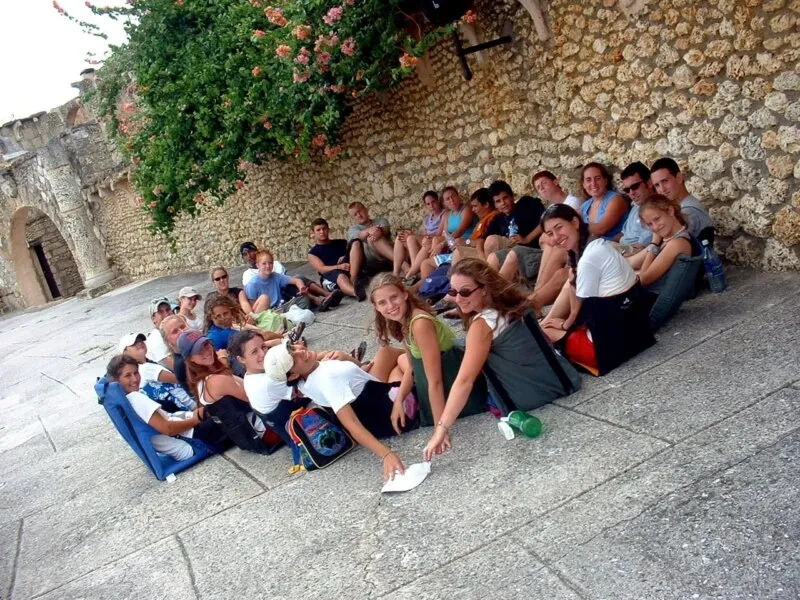
More than anything else, though, we find that few VISIONS participants experience culture shock difficulties because our programs are structured around both sincere learning about the host community and culture, and deep, honest relationships made with the people of these communities. “I left the airport after my trip a changed person, more open and a little bit happier,” said VISIONS alum Gabe K.
Feelings of reverse culture shock can be a bit more troublesome because they occur after your VISIONS experience has ended. But our support network is active year-round. We keep our participant/leader bond and community alive even after the program is over.
“It is hard to put into words what I gained from my trip this summer,” said alum Naomi W. “It’s more of a feeling throughout my entire being, a general sense that I am a better person for it … Everyone gains something from it; it doesn’t matter if you are shy, outgoing, good with your hands, outdoorsy or anything else.”
If you’re feeling like your normal life just isn’t as meaningful as your life at VISIONS, remember, you can continue to work towards having an impact, either with your host community, the VISIONS community, or in your own community back home.
There are many authentic and powerful ways you can bring your experience home to expose others to what you’ve learned, including presentations at your school or religious institution, talking with friends and family members, sharing pictures, and essentially being an “ambassador” of the host community.
Before you need to worry about that though, you have to experience the impact of a service adventure yourself! Explore our teen service adventures today to find a good fit for you or your child, or consider designing your own custom group volunteer experience at any of our program locations worldwide.
